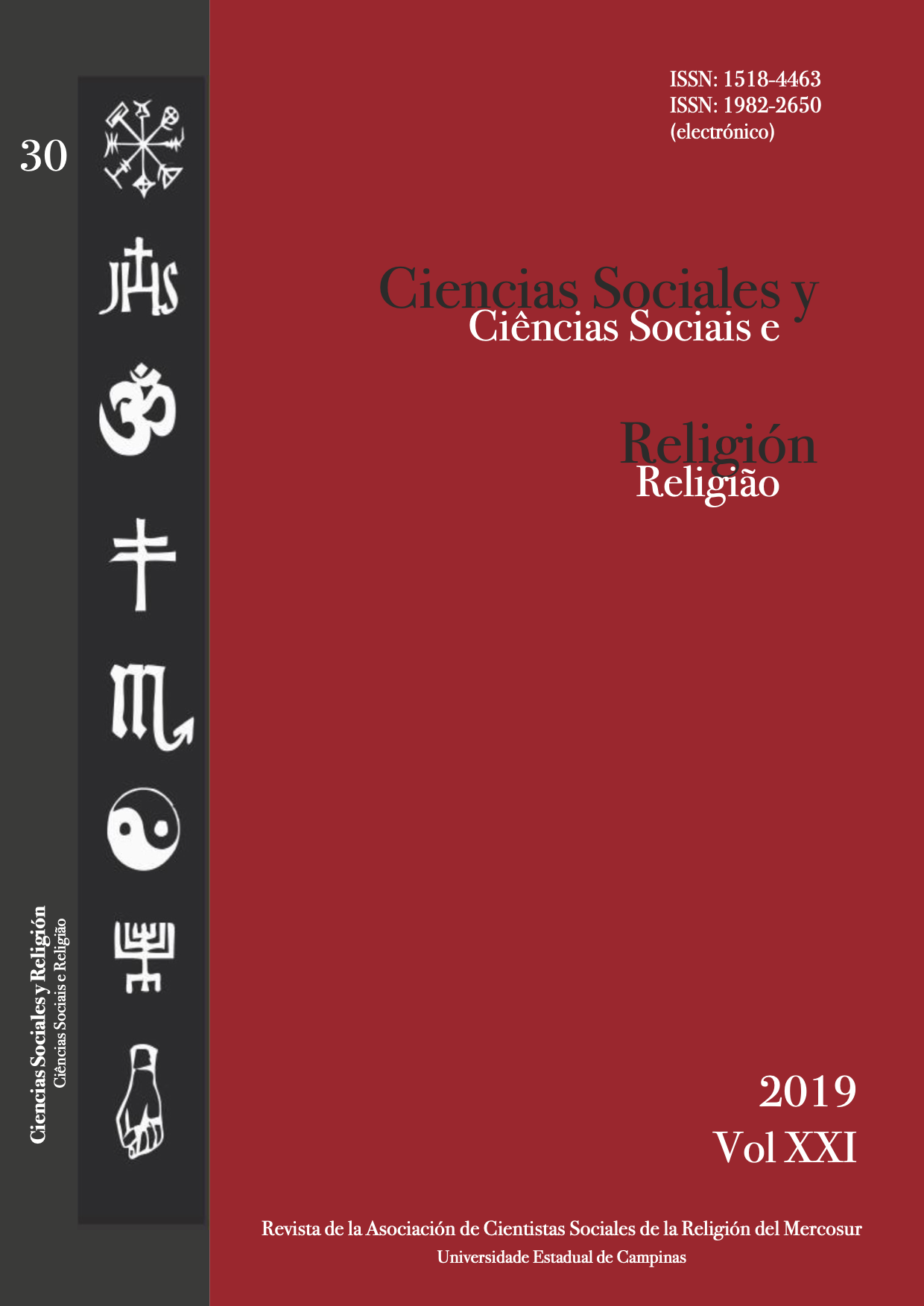Abstract
As with other couples confronted with infertility, religious couples seek
solutions within the three monotheisms which undeniably incentivize procreation. With this aim, they turn to techniques of medically assisted reproduction (new reproductive techniques). Investigating their desire to conceive a child, and comparing this desire to that of less religious couples, we can observe a unique will to abide by certain standards. They certainly want to have a child but it has to be in accordance with the religious rules. On this basis, these couples may reject some existing and effective techniques which would be incompatible with the rules they abide by. Having explored this issue in Judaism and Islam in the Mediterranean, I would like to explain during the working group how the will to conform to certain rules can condition an entire health system especially if the will is at the state level (in the case of state religion or the official religion of the state). We will also see, through concrete examples of Jewish and Muslim contexts, how the religious standards can reduce or expand the range of techniques that infertile couples can engage in. We will also explore how the desire to conform to the religious standards for this particular issue creates original positions when it comes to accommodating to those standards. We will also examine the role of globalization and the internet in this regard, and how religiously approved advanced medicines are constructed.
References
BERGER Peter; LUCKMANN, Thomas. La construction sociale de la réalité, Paris: Meridiens Klincksieck, 1986.
BOURDIEU, Pierre. Le capital social, Notes provisoires. Actes de la recherche en sciences sociales, n. 31, pp. 2-3, 1980.
CLARKE, Morgan. Shiite Perspectives on Kinship and New Reproductive Technologies, ISIM Review, 17, pp. 26–27, 2006.
HOTTOIS, Gilbert. Bioéthique, dans les mots de la bioéthique, un vocabulaire encyclopédique. Revue Philosophique de Louvain, v. 92, n. 2, pp. 392-394, 1994.
INHORN, Marcia. Globalization and gametes: Islam Assisted reproductive technologies and the middle eastern state. In: BROWNER, C.; SARGENT, C. Reproduction, Globalization, and the State: New Theoretical and Ethnographic Perspectives, Duke University Press, 2011. pp. 126-137.
NIZARD, Sophie. Evyatar Marienberg, Niddah. Lorsque les juifs conceptualisent la menstruation. Archives de sciences sociales des religions, n 140, pp. 157-310, 2007.
OBADIA, Lionel. Religion(s) et modernité(s) : Anciens débats, enjeux présents, nouvelles perspectives. Socio-anthropologie, 17-18, 2006.
SPERLING, Daniel. Commanding the “Be Fruitful and Multiply” Directive: Reproductive Ethics, Law and Policy in Israel, Cambridge Q. of Healthcare Ethics, 19, pp. 363-371, 2010.
THIEL, Marie-Jo. Du désir d'enfant à l'enfant désiré. Revue des Sciences Religieuses, v. 68, n. 1, pp. 95-107, 1994.
ZERRADI, Mouna. Les enjeux éthiques potentiels de la procréation médicalement assistée dans les pays musulmans, cas du Maroc. Institut International de Recherche en Éthique Biomédicale, 2008.

This work is licensed under a Creative Commons Attribution-NonCommercial-ShareAlike 4.0 International License.
Copyright (c) 2019 Omar Fassatoui
